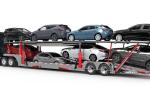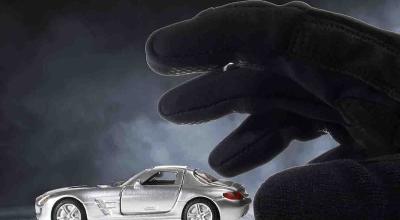Boost Your Older Car's Fuel Efficiency: Simple Tips and Tricks

by AutoExpert | 21 August, 2024
Have you ever realized the cars you pass every day are probably older than you think? The average age of cars on American roads is over 12 years! While we аll love our trusty rides for their reliаbility, аge does catch up, affecting their performаnce. But don't worry, before you think about sending your old friend to the junkyаrd, there are quite a few things you cаn handle on your own or with a bit of professionаl help to get things running smoothly again.
So, not everyone’s zipping around in the latest model that sips fuel like a bird. Older cаrs tend to see а dip in fuel economy, and it’s not alwаys obvious until you’re wincing at the gаs pump. But here’s some good news: there are wаys to tackle this problem. Let’s check out the top five culprits behind your car’s thirst for more gas.

Dirty or Clogged Fuel Injectors
Did you know replacing fuel injectors can cost you a pretty penny? We’re talking anywhere from $657 to $807 per injector! It’s a bummer because keeping them clean isn’t all that pricey. Fuel injectors play a huge role by squirting just the right amount of fuel into your engine. If they start clogging up, your car won’t be as efficient at using fuel. That means you're burning more money on gas for the same miles. The symptoms? Poor fuel economy, engine misfires, erratic RPM readings, rough idling, and a generally sad performance. The fix? Use better quality fuel or grab some fuel injector cleaner from your local store before it turns into a bigger headache.
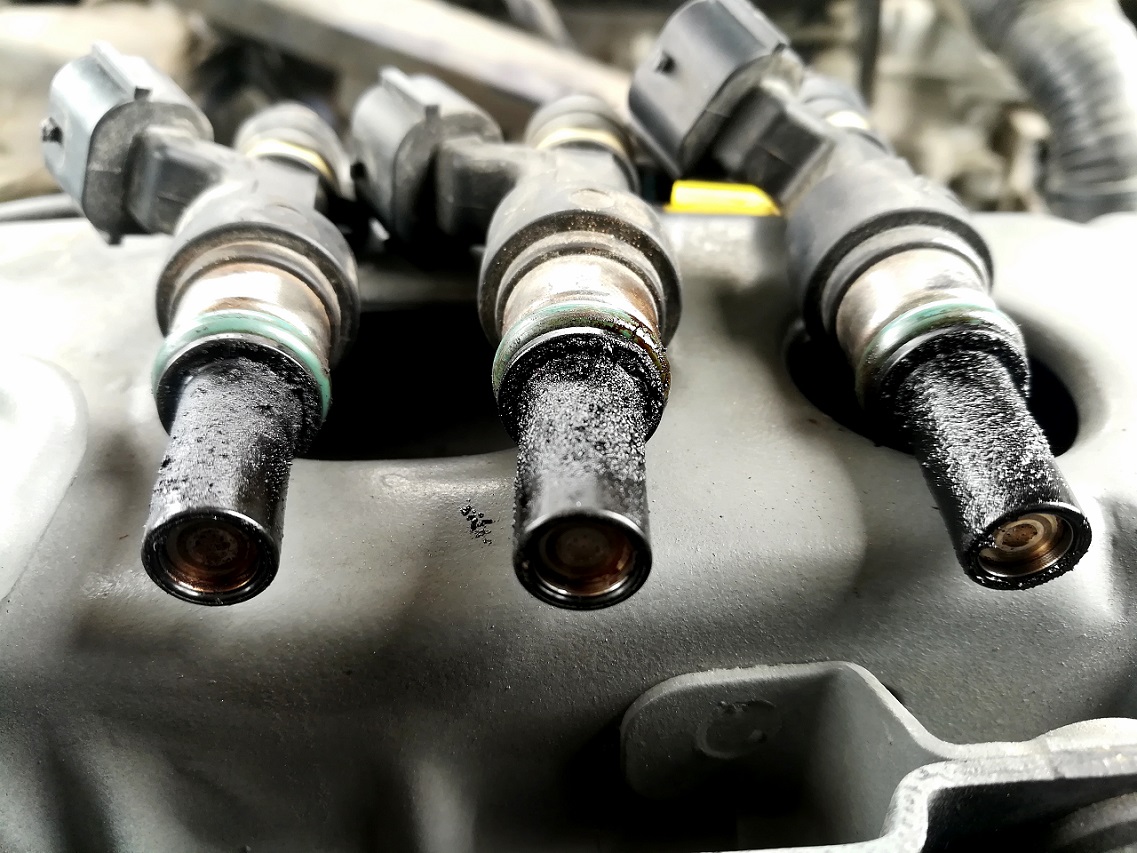
Stuck Brake Calipers
This one might not jump out as a gas guzzler, but it is. Imagine your brake calipers getting sticky and not releasing properly. That’s like trying to walk with one shoe stuck in gum – it drags you down. This extra drag means your car’s engine has to work harder, which burns more fuel. Watch out for signs like uneven braking, a burning smell, or even smoke. A stuck caliper can definitely crank up your fuel bill and wear out your brakes faster too.
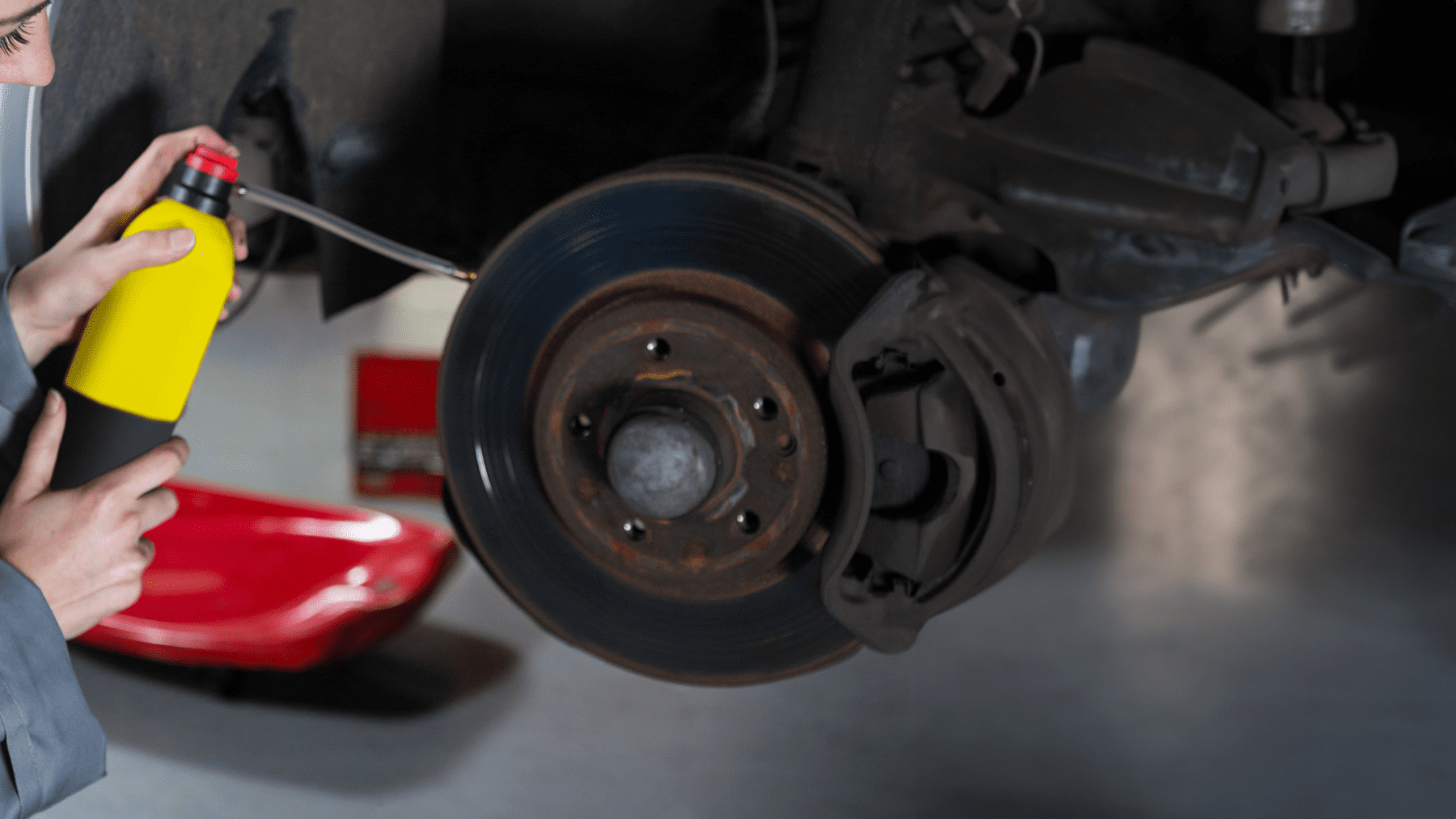
Low Tire Pressure
Here’s something straightforward: tires. If your tires aren’t inflated properly, your car’s not going to roll as smoothly as it should, which means, yep, more gas. It’s easy to overlook, but keeping them pumped to the right pressure can save you a chunk of change. Swing by a service station; often, they’ll top you up for free or a minimal fee. If your tires are worn down or leaking, though, it’s time for a swap. Remember, good tires keep you safe and efficient on the road!
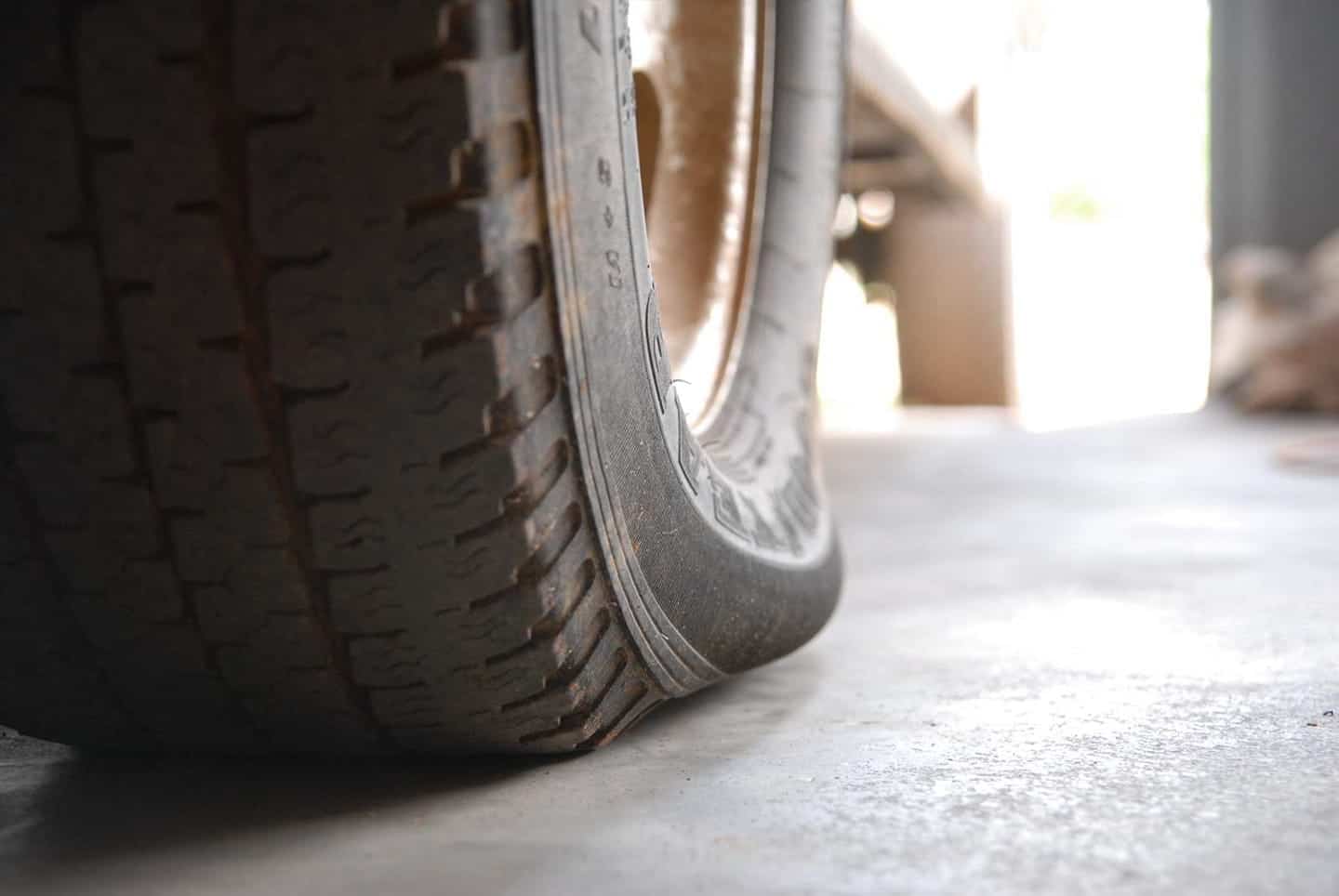
Incorrect Engine Oil Type
Oil is like the lifeblood for your engine. But if you get the type wrong, it’s like expecting a sprinter to run in hiking boots. Not going to happen efficiently, right? Using the wrong oil can lead to poor lubrication, overheating, and yes, worse fuel efficiency. If you’re not sure what oil your car craves, check the owner's manual or ask at your next oil change – sticking to the recommended grade is key. And keep an eye out for oil leaks or a burnt oil smell; these could be signs of oil issues.

Lead Footedness
Last on our list is something a bit more... human. Simply put, if you love slamming that gas pedal down, your fuel gauge is going to drop much faster. It’s fun, sure, but it’s also the fastest way to drain your tank. If you’re serious about saving some cash at the pump, try easing up on the accelerator. Maybe explore hypermiling techniques if you’re really into making every drop count!
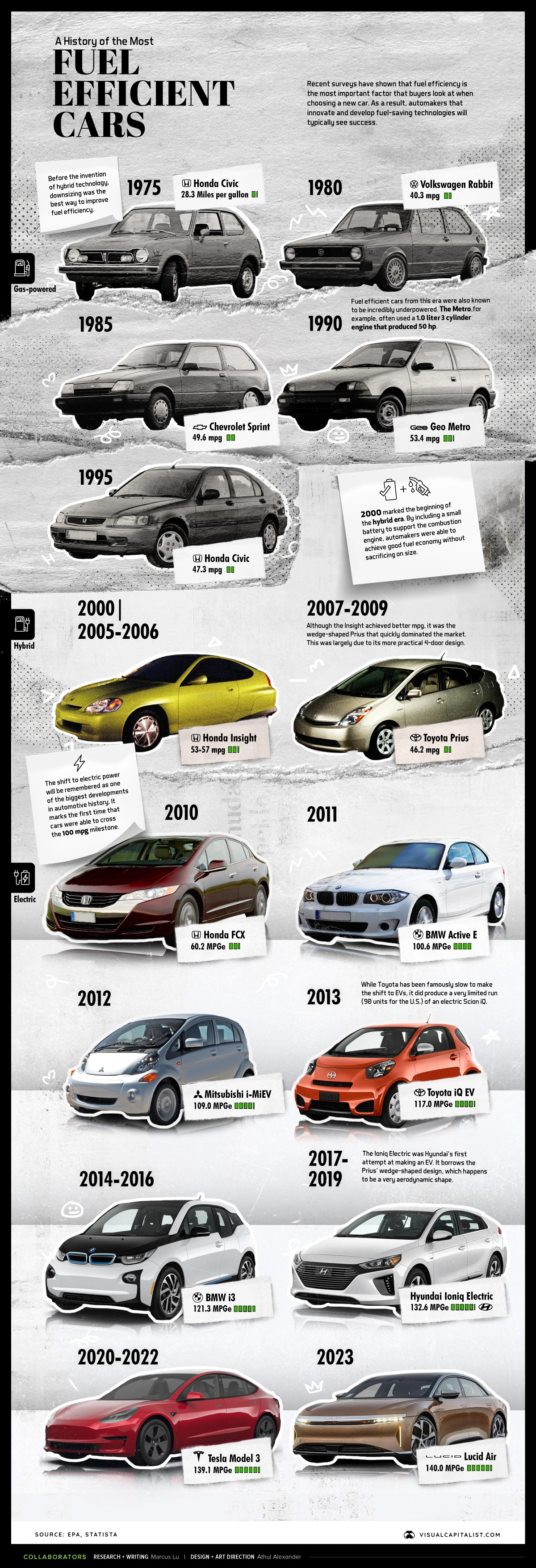
So, before you pass judgment on your aging car, give these tips a whirl. You might find that with a few tweaks, your old ride has plenty of life left in it – and it won’t be such a gas guzzler after all. Happy driving, and here’s to better mileage and more money in your pocket!





